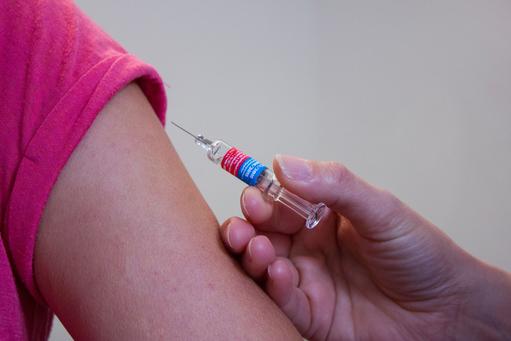- Promising animal study suggests a vaccine for type-1 diabetes
- Harvard’s Dana Faber Cancer Institute endorses the study
- Lab spent years detailing the molecular immune system's response to insulin
- The therapy for type-1 diabetes is insulin, but there’s no cure
- Living with type-1 diabetes is a constant challenge
A molecule that prevents type-1 diabetes in mice has provoked an immune response in human cells, according to scientists from the National Jewish Health and the University of Colorado. The findings, published in the 2015 Proceedings of the National Academy of Sciences, suggest that a mutated insulin fragment could be used to prevent type-1 diabetes in humans.
Strategies that work in mice often fail in humans
Previously, researchers tried administering insulin to people at risk of the disease as a form of immunotherapy similar to allergy injections, but this didn’t provoke an effective response. John Kappler, Professor of Biomedical Research at National Jewish Health says, "Our findings provide an important proof of concept in humans for a promising vaccination strategy." In 2011, researchers from Harvard University’s Dana Farber Cancer Institute reported that Kappler’s strategy prevented type-1 diabetes in mice. However, strategies that work in mice often fail in humans.
Promising findings
Kappler’s findings suggest that an insulin fragment with a change to a single amino acid could provoke an immune response. The idea comes from work in Kappler's laboratory detailing the molecular immune system's response to insulin. This suggests that mutating one amino acid in an insulin fragment, and then presenting the insulin to the immune system, might provoke better recognition by the immune system.
Researchers mixed a naturally occurring insulin fragment, and the mutated insulin fragment with separate cultures of human cells. They found that human T-cells responded minimally to the naturally occurring insulin fragment, but relatively strongly to the mutated one. The human T-cells produce both pro-inflammatory and anti-inflammatory chemicals known as cytokines, and scientists believe that healthy immune responses balance pro- and anti-inflammatory factors. Autoimmune disease occurs when the pro-inflammatory response dominates.
Type-1 diabetes
Type-1 diabetes is an autoimmune disease in which a person’s pancreas stops producing insulin, a hormone that enables individuals to get energy from food. It occurs when the body’s immune system attacks and destroys the insulin producing cells in the pancreas, called beta cells. The causes of type-1 diabetes are not fully understood, but scientists believe that both genetic and environmental factors are involved. Dr Sufyan Hussain of Imperial College, London explains:

(click on the image to play the video)
Type-1 diabetes most typically presents in early age with a peak around the time of puberty. Historically the condition has been most prevalent in populations of European origin, but is becoming more frequent in other ethnic groups. Kuwait, for example, now has an incidence of 22.3/100,000. India and China have relatively low incidence rates, but account for a high proportion of the world’s children with type-1 diabetes because of their large populations.
Living with type1 diabetes
Living with type-1 diabetes is a constant challenge. People with the condition must carefully balance insulin doses (either by multiple injections every day or continuous infusion through a pump) with eating and other activities throughout the day. They must also measure their blood-glucose levels by pricking their fingers for blood six or more times a day. Despite this constant attention, people with type-1 diabetes run the risk of high or low blood-glucose levels, both of which can be life threatening. People with type-1 diabetes overcome these challenges on a daily basis. While insulin injections or infusions allow a person with the condition to stay alive, they don’t cure the disease, nor do they necessarily prevent the possibility of the disease’s complications, which may include kidney failure, blindness, nerve damage, heart attack, stroke, and pregnancy complications. Richard Lane, President of Diabetes UK, and a person living with type-1 diabetes, describes some of the lifestyle changes associated with the condition:

(click on the image to play the video)
Takeaways
While Kappler’s results don’t prove that the mutated insulin fragment will work as a vaccine in humans, they do demonstrate a response in humans consistent with the vaccination response in mice. "The new findings confirm that the painstaking work we have done to understand the unconventional interaction of insulin and the immune system has relevance in humans and could lead to a vaccine and a treatment for diabetes," says Kappler.
|

